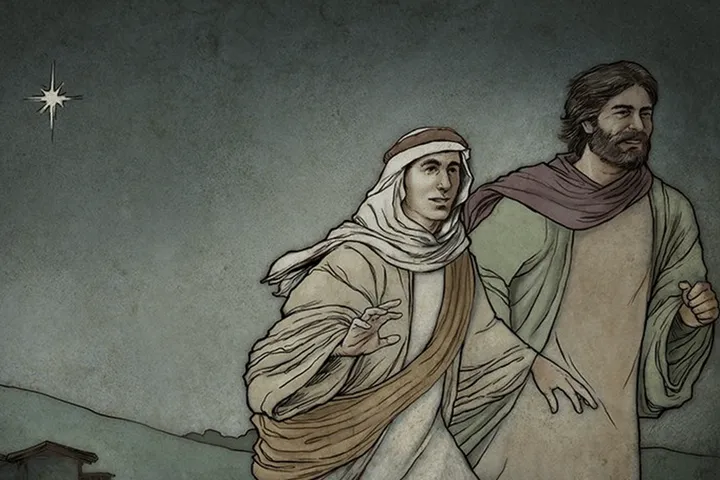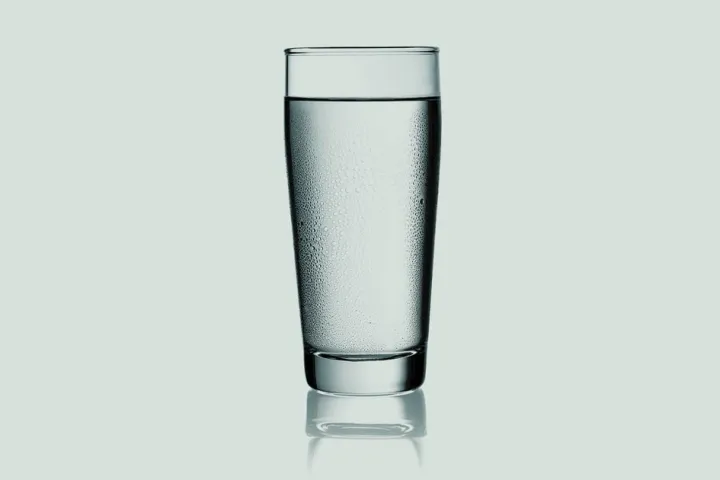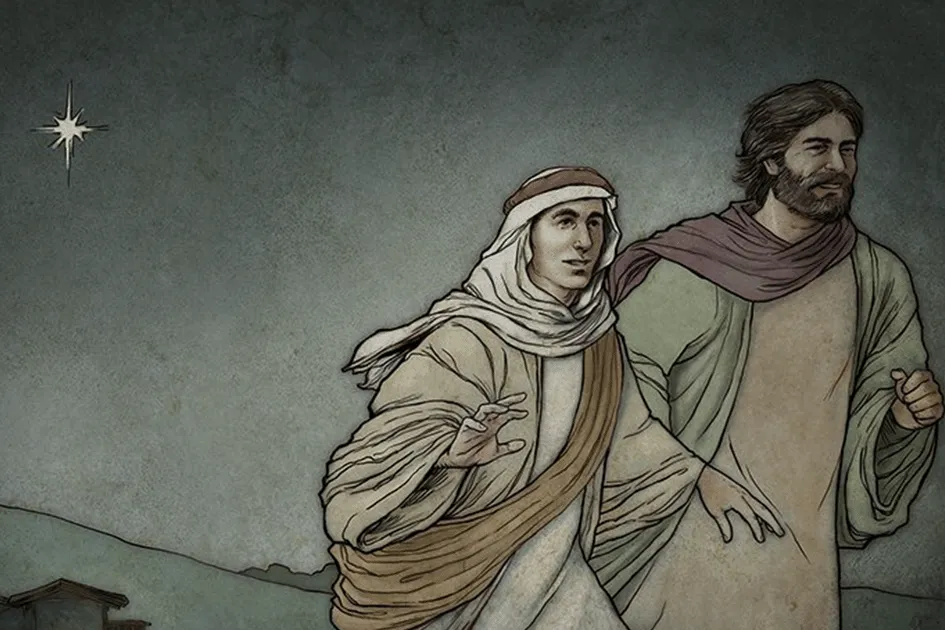Think of something you’re proud of. Perhaps you’ve worked diligently to build a thriving business and can provide everything your family needs. Or maybe your children have accomplished something amazing, and you are able to rejoice with them. Typically, we take pride in something positive—a promotion at work, a college degree earned after years of diligent study, or a new baby’s arrival. We rarely if ever brag about our failures, embarrassments, or losses.
 GETTY IMAGES/EYEEM
GETTY IMAGES/EYEEM
But that’s precisely what Paul did when he wrote to the believers in Galatia. His letter contains a startling statement: “May it never be that I would boast, except in the cross of our Lord Jesus Christ” (Gal. 6:14). To grasp the impact of his words, we must look at the cross from the perspective of those who lived in that time.
The cross was a means of execution—a wretched way to die. The Romans used it to punish those who rebelled against the empire. This particularly cruel form of capital punishment was designed to maintain order by instilling a fear of reprisal. For the Jews who followed God’s law, the cross was a sign that the condemned man hanging on it was cursed (Deut. 21:23). No one in those days would have boasted in a cross. It would be like us rejoicing in lethal injection or the electric chair.
In reality, it wasn’t the cross itself that captured Paul’s heart but the person who hung on it and the purpose for which He died. To understand what transpired on the cross, we must first understand who Jesus Christ is, and in Colossians 1:15-23, Paul has given us an awesome description.
Who is the man who hung on the cross?
“He is the image of the invisible God” (v. 15). No one had ever seen the heavenly Father. But God the Son entered this world through the womb of a virgin: Jesus came in human form, with veiled glory yet with all the fullness of deity. When men nailed Him to the cross, they pierced the hands and feet of almighty God.
Jesus Christ is “the firstborn of all creation” (v. 15). In Jewish society, the firstborn son was the preeminent heir of all that the father possessed. He was the one who would have authority and honor as the head of the family. In the same way, God the Father has given the Son ownership and authority over creation. Christ Himself created everything visible and invisible. It was all made for Him, and He alone holds it together by His power (Col. 1:16-17).
Do you realize what this means? The wood that made the cross and the iron that formed the nails existed and were held together by the very one they crucified. How could God be killed by the things He Himself created? He couldn’t. What transpired on the cross was a willing sacrifice of the Son of God for mankind.
Why did Jesus allow Himself to be crucified?
Ultimately, the reason was His love for us. When Adam transgressed, the entire human race was plunged into sin and death. Something deep within became terribly corrupted, and the fellowship between God and man was broken. It was our helpless, hopeless condition that brought the Savior into the world. He came to conquer sin for us so we would no longer be held in bondage, separated from God for all eternity. His purpose was to give life, reconciling us to the heavenly Father. In Jesus, we come home to God—our Father—just as the prodigal son came home to his father and received ready forgiveness, mercy, and restoration.
Peace for All Things
When our Savior hung on the cross, God transformed an object designed as an implement of death into one of peace. It was there that Jesus Christ made reconciliation between a holy God and sinful man. Eiréné—the Greek word for “peace”—means “to bind together,” and that’s exactly what God the Father does for those who repent of their sin and believe in His Son. He binds us to Himself in His eternal existence. It is a bond of peace that can never be broken—nothing and no one can tear us from His almighty, everlasting grip. We can never be condemned, because God Himself has justified us.
The power of the cross, which reconciled us to God, continues throughout our Christian life in the process of sanctification. This is the means by which God Himself conforms us to the image of His Son. We have both peace with God and the peace of God, which guards our hearts and minds as we obediently trust Christ as the head of His body, the church (Col. 1:18).
The peace of the cross reaches even beyond this earthly life. Christ reconciled us through His death in order to present us “holy and blameless and beyond reproach” when we stand before God (Col. 1:22). Because Jesus Christ is “the firstborn from the dead” (Col. 1:18), we also have the promise of resurrection to eternal life. Then we’ll be completely free from sin, standing before our Savior in eternal glorified bodies.
The cross of Christ makes peace not only between God and man but also between God and creation. Adam and Eve’s transgression brought an all-encompassing curse, which Romans 8:19-21 describes this way: “For the anxious longing of the creation waits eagerly for the revealing of the sons of God. For the creation was subjected to futility, not willingly, but because of Him who subjected it, in hope that the creation itself also will be set free from its slavery to corruption into the freedom of the glory of the children of God.”
Obviously, the Bible’s vision of freedom hasn’t yet been fully realized in the world. We look around and see that the earth still groans with earthquakes, hurricanes, droughts, and other disasters. It’s still waiting for full restoration. According to Scripture, that will take place when the glorified children of God are revealed with Christ, as He returns to take His rightful position—King of kings and Lord of lords, the firstborn heir of all creation.
In light of all this, it’s no wonder Paul boasted in the cross of Christ. But the question we must each ask ourselves is: Do I boast in the cross? More importantly, have I accepted what He’s done for me in willfully subjecting Himself to crucifixion? This is the most important choice we’ll ever face in life. The only alternative is to remain alienated and separated from a holy God—the God who loves us so much that He took the initiative to offer us peace with Him through the cross of His Son.





